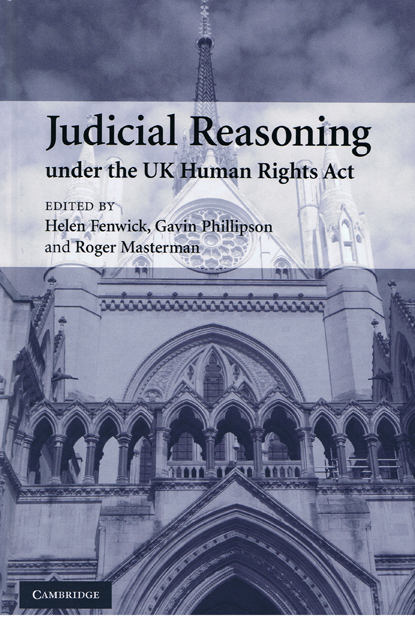
Judicial Reasoning under the UK Human Rights Act is a collection of essays written by leading experts in the field, which examines judicial decision-making under the UK’s de facto Bill of Rights. The book focuses both on changes in areas of substantive law and the techniques of judicial reasoning adopted to implement the Act. The contributors therefore consider first general Convention and Human Rights Act concepts – statutory interpretation, horizontal effect, judicial review, deference, the reception of Strasbourg case-law – since they arise across all areas of substantive law.
They then proceed to examine, not only the use of such concepts in particular fields of law (privacy, family law, clashing rights, discrimination and criminal procedure), but also the modes of reasoning by which judges seek to bridge the divide between familiar common law and statutory doctrines and those in the Convention.
They conclude that while the Act can in many respects be regarded as having transformed the judicial role, in a number of areas its influence has been significantly muted due to the persistence of established judicial values and habits of mind.